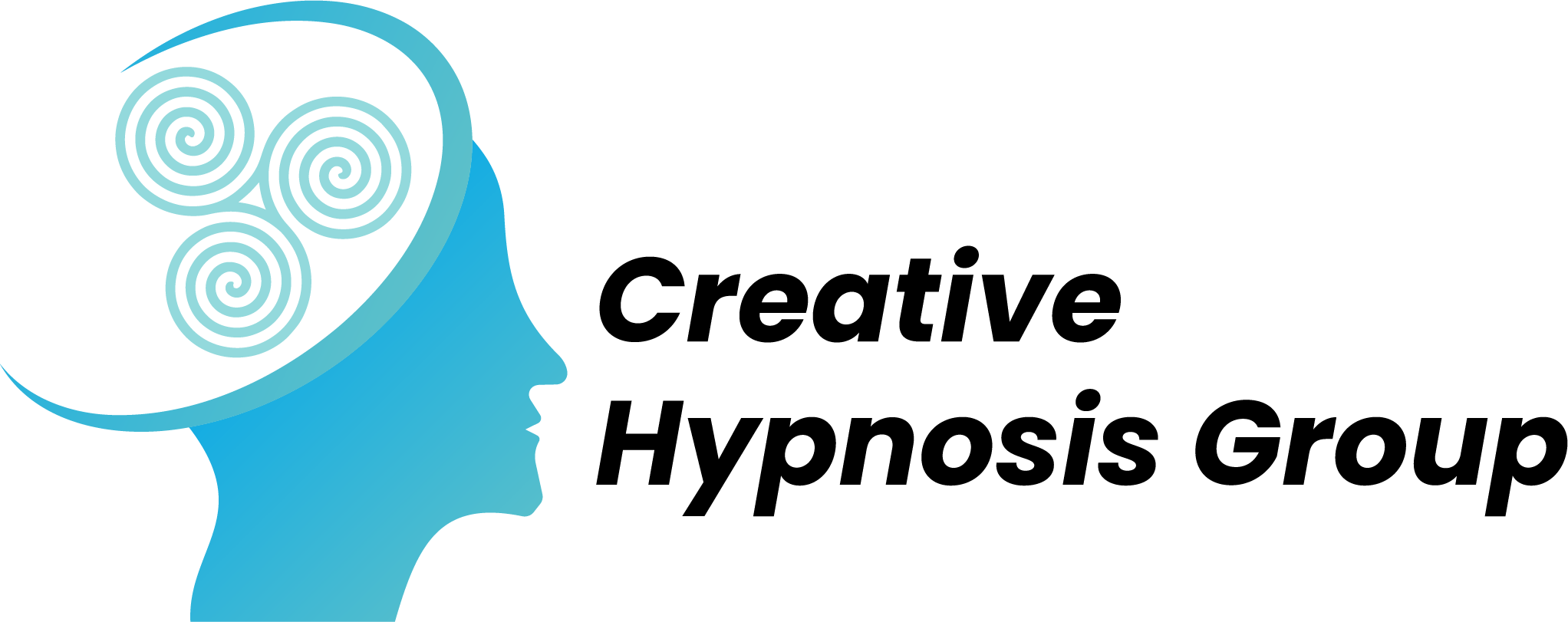Depression

Depression goes by many names, such as “the blues,” clinical depression, and major depression. But all of these names refer to the same thing: feeling sad and depressed for weeks or months on end — not just a passing blue mood of a day or two. This feeling is most often accompanied by a sense of hopelessness, a lack of energy (or feeling “weighed down”), and taking little or no pleasure in things that once gave a person joy in the past.
Depression symptoms take many forms, and no two people’s experiences are exactly alike. A person who’s suffering from this disorder may not seem sad to others. They may instead complain about how they just “can’t get moving,” or are feeling completely unmotivated to do just about anything. Even simple things — like getting dressed in the morning or eating at mealtime — become large obstacles in daily life. People around them, such as their friends and family, notice the change too. Often they want to help, but just don’t know how.
Hypnotherapy can help target unwanted or unhealthy habits and possibly replace them with healthier behaviors. Examples include being able to better control pain or anxiety or adjusting negative thought patterns that could be worsening depression symptoms. Hypnotherapy offers the potential to help treat your medical conditions without the need for invasive therapies or additional medications. Therapists consider hypnotherapy a safe treatment option, with minimal side effects.
While it may not work for everyone, hypnotherapy is what’s known as a complementary therapy. A person can use hypnotherapy in addition to other treatments for depression to enhance an overall sense of well-being, lift mood, and boost feelings of hopefulness.
A person with depression experiences a wide variety of emotions. According to the University of New Hampshire, hypnotherapy can help a person learn to reduce and/or better control feelings of anxiety, stress, and sadness. Hypnotherapy is also used to treat negative behaviors that could be worsening a person’s depression. These behaviors may include smoking and poor eating and sleeping habits.
Hypnotherapy can help target unwanted or unhealthy habits and possibly replace them with healthier behaviors. Examples include being able to better control pain or anxiety or adjusting negative thought patterns that could be worsening depression symptoms. Hypnotherapy offers the potential to help treat your medical conditions without the need for invasive therapies or additional medications. Therapists consider hypnotherapy a safe treatment option, with minimal side effects.
While it may not work for everyone, hypnotherapy is what’s known as a complementary therapy. A person can use hypnotherapy in addition to other treatments for depression to enhance an overall sense of well-being, lift mood, and boost feelings of hopefulness.
A person with depression experiences a wide variety of emotions. According to the University of New Hampshire, hypnotherapy can help a person learn to reduce and/or better control feelings of anxiety, stress, and sadness. Hypnotherapy is also used to treat negative behaviors that could be worsening a person’s depression. These behaviors may include smoking and poor eating and sleeping habits.
help target unwanted or unhealthy habits and possibly replace them with healthier behaviors. Examples include being able to better control pain or anxiety or adjusting negative thought patterns that could be worsening depression symptoms. Hypnotherapy offers the potential to help treat your medical conditions without the need for invasive therapies or additional medications.
Hypnosis can:
- Change your negative self-talk
- Reduce feelings of shame
- Reduce feelings of guilt and self-blame
- Help you gain greater awareness about your depression and symptoms
- Shift your perspectives on your negative experiences
- Help you to develop new coping skills
- Teach you to self-sooth through self-hypnosis and meditation
